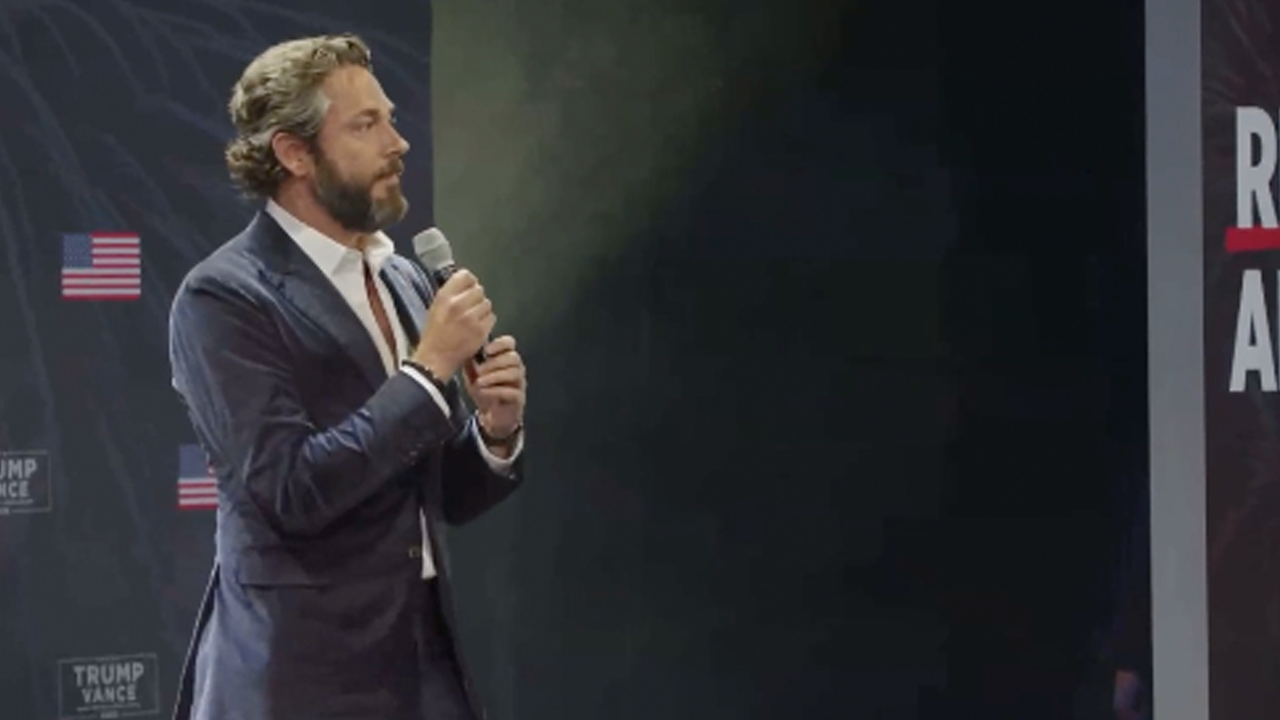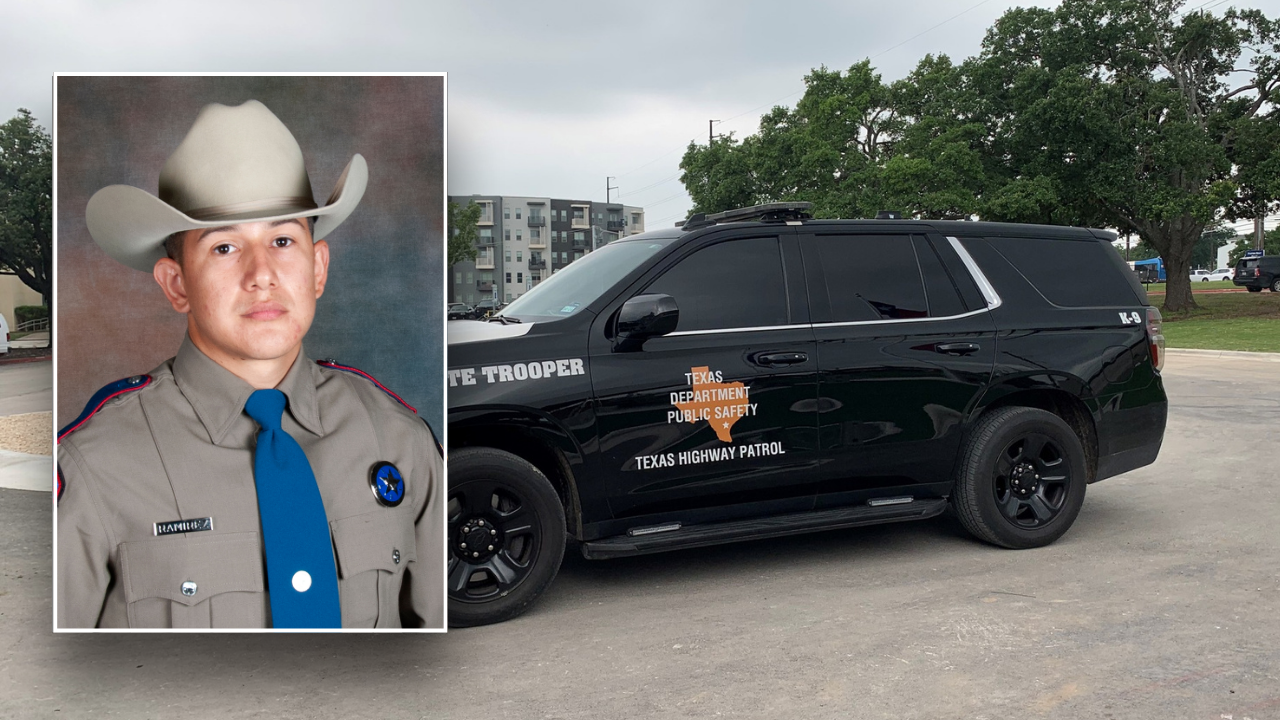Why I Oppose All Gun Control, Despite Not Being A Conservative


While it is true many gun owners tend to lean more conservative in their overall political views because the Democratic Party today overwhelmingly supports more legislation limiting gun ownership, there are still people of every political stripe and walk of life who enjoy shooting and support the Second Amendment. But it can make it tricky navigating the political landscape with so much divisiveness on key issues where one party may be good for one issue you are passionate about, but you just don’t agree with their position on another. Unlike most gun writers, I’m not a Republican or a conservative. I do agree with conservatives about a number of important issues, but on others, I either side with the Democrats or side with almost nobody. I’m an independent, and I make my decisions about policy on a case-by-case basis, and not based on what fellow political tribal members are saying.
Sadly, this often leads to conflict with people. Good people sometimes see me agreeing with them on something like LGBT rights or drug legalization, but then see me disagree with them on gun control. Or they see me agree with them on gun rights, but maybe not on some of the other issues. For people accustomed to the two-party system, seeing a mix of agreement and disagreement is either baffling, viewed as politically impractical or even seen as an attack of some kind.
In this article, I’d like to lay out my non-conservative defense of gun rights, mostly so I don’t have to type it over and over again every time I come across someone who can’t understand gun rights from any other angle. Hopefully, it will prove helpful to others who want to make better arguments against gun control.
The Futility Of Gun Control
Without needing to get into the Constitution, natural rights, God-given rights or even self-defense, which are all excellent arguments, there’s a much simpler way to look at gun rights: inevitability.
Even before 3D printing technology entered the chat, guns have been an extremely difficult thing for governments to control. People arguing for gun control like to point to stable European countries as success stories, but at the same time there are also countries like Mexico that have even more strict laws but rampant violence, and mostly with guns that don’t come from the United States. I’ll come back to this issue in a bit.
Even when extreme measures are taken to round up guns, it often just doesn’t work. For example, New York City officials saw that a near-ban on firearms wasn’t working, so they decided to violate the Fourth Amendment along with the Second with “stop and frisk” searches. Absent probable cause, people were randomly searched on the street for weapons. Criminals didn’t respond by giving up on guns, instead they became better organized and stashed rental guns throughout the city.
Today, we’re seeing guns pop up all over the globe (they always have actually), and with 3D printing, there are even more avenues for restricted people to easily build and obtain their own firearms. Even in low-crime countries with strict gun laws, people have been caught building their own guns. Without denying basically every other civil right including free speech, freedom from searches without probable cause and internet privacy, it’s basically impossible to keep people from obtaining guns. There are much stronger ways to work to prevent crime than mere gun control. Because guns aren’t the problem, violent people are.
The Availability Argument Isn’t Supported By The Evidence
As I mentioned previously, gun control appears to work in stable countries, but it fails miserably in others. Gun control proponents try to blame the United States for violence in places like Mexico, but they often cite faulty statistics about the origin of crime guns there. Sure, most guns submitted to U.S. authorities for tracing end up being found to have come from here, but Mexican authorities don’t submit most guns to the U.S. for tracing because they know they are stolen Mexican Army guns, guns from further south, guns built in Mexico, etc. Guns have always been available in Mexico despite their laws and the country wasn’t the ruthless pit it has become. So, what changed? It’s because of the drug trade, human smuggling, the rampancy of crooked officials and police willing to take bribes and payoffs to look the other way and an otherwise depraved underclass who will commit unimaginable levels of violence to protect their piece of the pie with each generation becoming more indifferent to the suffering they bring to their communities. That’s what changed. But that’s just Mexico. What about other countries around the globe? What about the United States?
On top of the varying international experience, the availability of firearms either obtained legally or on the black market, along with the advent of 3D-printed guns raises other questions about the efficacy of gun control. Plans for reliable guns with metal barrels and even ammunition that don’t require any regulated components are widely available and require minimal skill. Guns are popping up everywhere, even in places touted as gun control success stories.
But, in developed nations with stable governments, relative prosperity and basic human needs largely provided for, nobody’s printing guns up and committing violence and there are even fewer cases of mass shootings. Gun crime has not risen despite this new availability of weapons (though some other crimes have). But blood is not running in the streets the way gun control proponents often predict.
So, it seems pretty clear that the availability of weapons is not to blame for gun violence. It’s a more complex problem than that, and correlation does not necessarily mean causation.
The Issue Goes Beyond Guns
I don’t want to point out the impossibility of enforcement and the problem with the availability argument and just stop there. Pointing out that gun control is not a good answer doesn’t solve the very real problem we find ourselves facing in the United States with mass shootings, gang violence and other deaths that none of us want to see continue. Everyone cares about this, regardless of where you stand on the gun issue.
I think the examples of Mexico and the possibilities of more and better technology in the future that makes 3D-printed guns more commonplace (they still make up less than 2% of the overall guns traced in crimes by the ATF) give us a clue to the answers. Simply put, stable countries where people are well taken care of don’t have gun violence problems, even when guns show up. But, even with strict gun laws, unstable countries experience violence. In other words, happy and healthy people don’t engage in violence.
If we want to get rid of violence, we need to consider measures that increase societal stability, which involves a myriad of ways to improve opportunity and a sense of self-worth in our communities. This doesn’t mean we need to instill some massive Euro-style welfare state in the United States. That’s never going to happen. It’s simply politically untenable. But we do need to use our imaginations and come up with innovative ways to improve our society instead of attempting to slap the false Band-Aid of gun control over much deeper wounds.
Read the full article here







